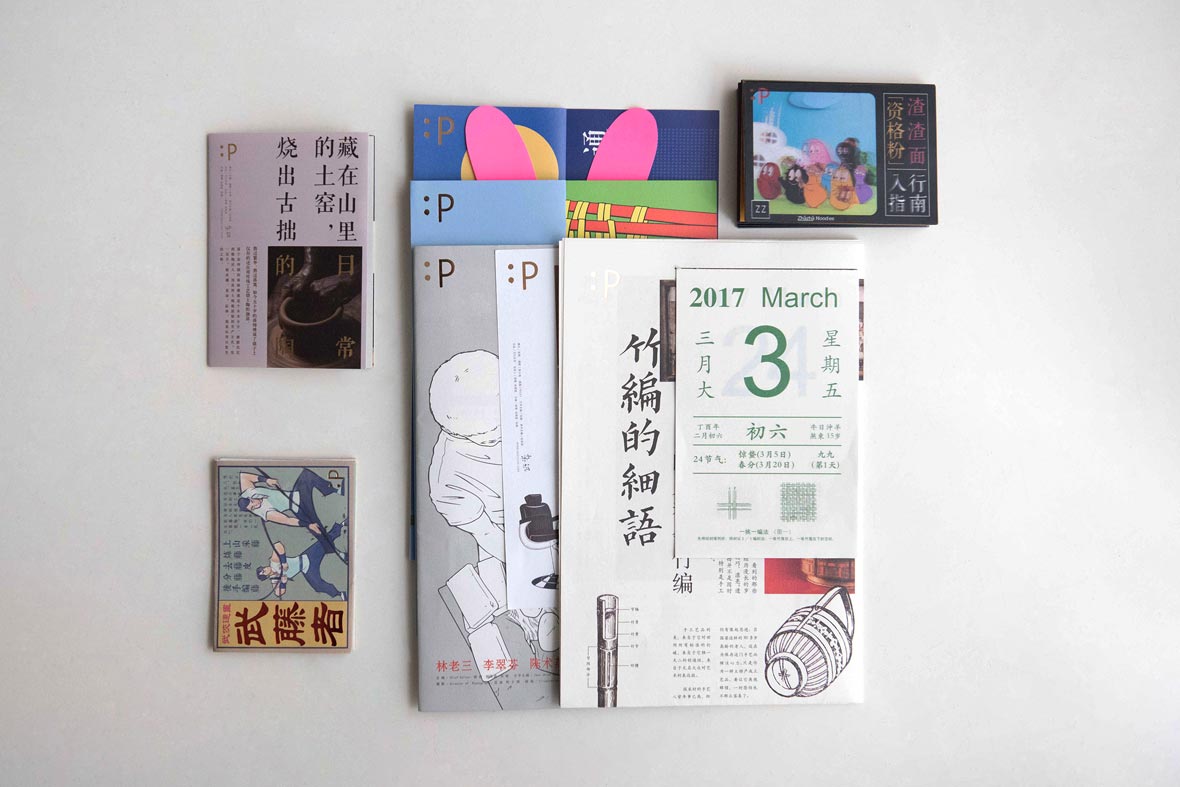
“To paint light, first you have to understand the dark,” says Lee Wai Yam.
Lee, a Hong Kong-based artist who goes by the name Lee Lee, paints works suffused with a hazy light that seems to surround the viewer, drawing them into a perfect, half-lit moment: a cat staring into space, a blazing sparkler, a lone carousel horse on the side of the road.
You might expect the person behind such paintings herself to be warm and gentle. But when Lee hears people say as much, even with no ill will, “it makes me feel guilty, as though I’m giving someone a false impression,” she says.
“想画好光,必须理解影。”
来自香港的插画师盐李李(李玮钦)如是说。她的画里透着朦胧的光晕,仿佛可以将人包裹,回到褪色的美好时光——发呆的猫咪、燃烧的仙女棒、停驻的旋转木马……
画且如此,那么画布背后的人,也一定温柔恬静吧。但盐李李说自己每次收到这样善意评价时,“简直良心不安,像是编造了一种错觉。”
The warmth in Lee’s paintings is real, and that makes her feel especially anguished that she’s stubborn or inconsiderate outside the canvas. For a time she lay down her brush and stopped painting, seeking peace from the reproaches of her conscience.
“There was one painting in particular that people described as peaceful and calming. I still remember the sunny afternoon on which I painted it: it was the day my father was diagnosed with cancer. On the way back from the hospital, he went out of his way just to pick up my favorite food. He said nothing when he got home, and I didn’t know how to offer any words of comfort. I turned my back to him and painted. The silence in the room was broken only by the sound of my brush on canvas, humming like cicadas in the summertime. Continuing to work was wrong—it was clearly distressing, even violent.”
画中温柔是真实,画外的执拗与莽撞,才更让人揪心。因而盐李李也一度掷笔不画,在这种苛责中寻求平静。
“我记得有张画,人们说温柔又宁静。我记得那天下午,阳光明媚。父亲确诊癌症,从医院回家,拖着疲惫身躯,依然绕了远路,买我喜欢吃的菜餸。他沉默凝重,而我半句话都没说,背着他,一室死寂,唯有那画笔落在纸上的声音如夏日蝉鸣— —我那不合时宜的孜孜不倦,明明是多么的嘈吵且暴力。”

Sobering life experiences like these fill Lee’s works: the surface is full of light and warmth, yet the gloom is never far behind, and it sooner or later pays a visit.
After her self-imposed exile from painting, eventually the clouds parted, and Lee became reconciled to herself. “I want to accept my headstrong, immature nature, to accept that there are no fresh starts,” she says. “The road is long, so there’s nothing wrong with taking your time.”
那“饱满的生命经验”,盐李李曾竭力填塞到创作之中,光明和温柔是表象,生命中如影随形的阴霾,随着历练的增叠,也如期造访。
但所幸,云开雾散之后,盐李李终于还是与自己达成和解:“我想接受难以成长的顽劣本性,接受没有重新的开始,路途本就悠长,我想,无所谓缓慢。”
无法观看?前往腾讯


Website: leewaiyam.com
Weibo: ~/鹽李李
Vimeo: ~/leewaiyam
Contributor: Chen Yuan
网站: leewaiyam.com
微博: ~/鹽李李
Vimeo: ~/leewaiyam
供稿人: Chen Yuan



































































































































































